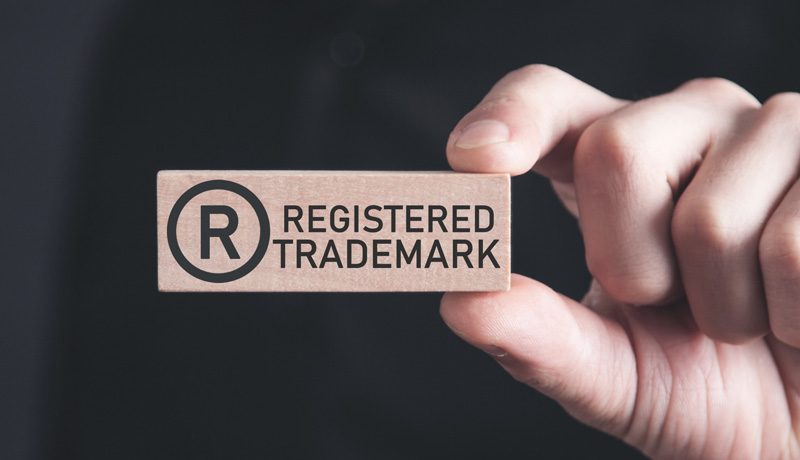Nigeria’s population of about 170 million, with a demography that is skewed in favour of the youth makes it a choice market for most manufacturers, particularly manufacturers of fast moving consumer goods. It is no news that of major concern for manufacturers seeking to market their products in Nigeria is the wide scale of intellectual property rights violations through the activities of copyright pirates, counterfeiters as well as weak legal and regulatory framework for the protection and enforcement of these rights. However, of equal concern to manufacturers, particularly foreign manufacturers, is “parallel imports”, a common practice amongst dealers of imported goods which, unfortunately, is not expressly regulated by any of the intellectual property statutes in Nigeria.
Parallel Import occurs where a person other than the person authorized by the proprietor of a trademark (“the franchisor”) imports goods with the trademark into another country or region (the “target market”) in which the proprietor already has authorized/licensed dealer(s) (“the franchisee(s)”) for the purpose of selling same therein, without the authorization or permission of the franchisor or the franchisee. In practice, the franchisee is appointed through a contractual arrangement as the distributor for the goods within the target market. Parallel import violates the existing franchise and essentially makes the third-party importer an unfair competitor to the franchisee for market share.
Opinions however differ from country to country and from region to region, as to the propriety or legality of parallel imports and whether a franchisor or the franchisee for his goods has legal right to claim against or restrict the trade and activities of a parallel importer. Arguments in support of parallel imports usually emphasize that the contractual arrangements between the franchisor and the franchisee restrict the free flow of goods, create absolute monopolies and reduce the overall competitiveness of an economy. This they say will put the consumers at a disadvantage and in the long run, impact negatively on economic growth. Many countries in continental Europe have, in view of this, legislated against business arrangements that seek to impose restraint of trade. Opposers of parallel imports however maintain that it creates unfair competition and violates the sanctity of contracts, which they believe will constitute a disincentive to investors. Countries that adopt this view have either expressly legislated against parallel imports or put in place regulatory regimes that set some limits.
Currently, in Nigeria, no statutory prohibition against parallel import exists. There have been certain judicial decisions that seek to protect the contractual rights and economic interests of licensed importers/dealers in franchised goods. However questions remain whether such rights and interests are, in the absence of any express prohibitive legislation (probably due to economic growth considerations) against importation and distribution of grey goods in Nigeria, adequately protected. In this article, we seek to provide practical answers to such questions through a holistic analysis of the Nigerian legal framework in comparison with other major international jurisdictions.













